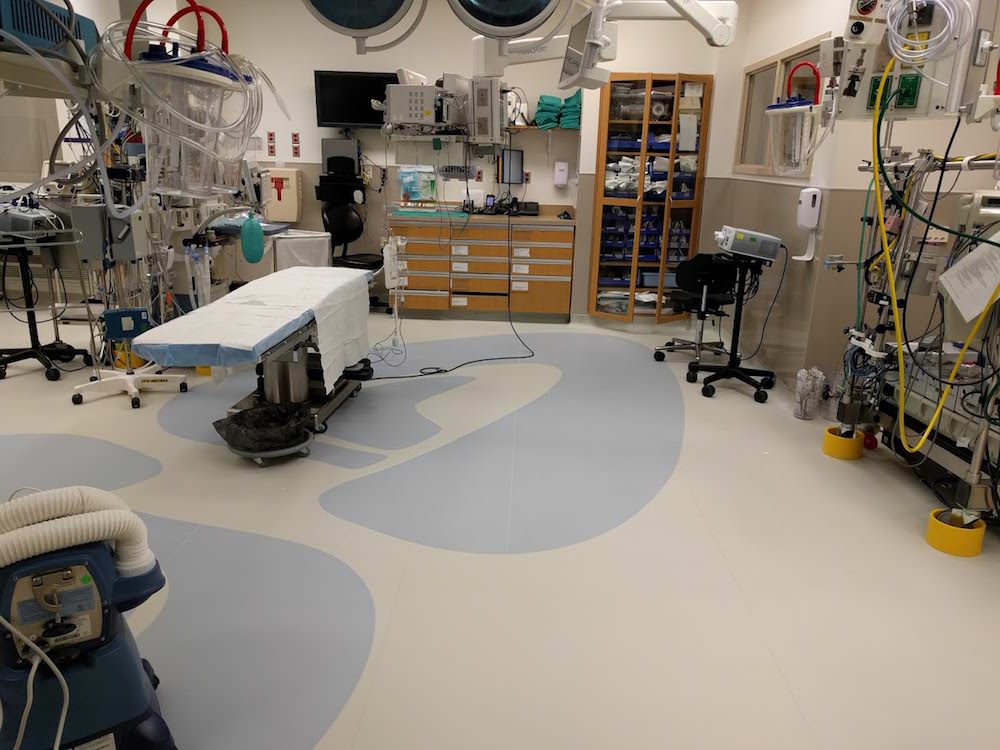In most academic settings, the operating room is composed of the surgical team (attending, fellow, residents), anesthesia team (attending, fellow, residents, nurses), techs (scrub tech, anesthesia tech), circulating nurses, students, observers, and most importantly, the patient. The surgery attending is usually the captain of this proverbial ship; however, a delicate interplay between all the aforementioned individuals ensures patient safety during any operative intervention.
We’ve all heard stories about angry, self-centered, arrogant surgeons who are never satisfied. Others are quiet and diligent but often lack confidence in their decision-making. There’s a vast spectrum of personalities with countless variables (case complexity, fatigue, complications, etc.) making it difficult to appease everyone at all times.

As an anesthesiologist, having an open line of communication with my surgical colleagues is vital, but I’ve found that many of my fellow anesthesia residents are somewhat timid when voicing their concerns directly to a surgery attending or chief resident. Sure, this can be daunting, but at the end of the day, we’re all there for the patient on the table. Any opinions and concerns are valuable to explore.
Each time I work with a new surgeon, I recognize their idiosyncrasies, subtle personality traits, and most importantly, what matters to them. Do they need constant reaffirmation? Do they need to know about every alarm, vital sign fluctuation, pressor, and transfusion? Do they enjoy humor and sarcasm, or are they more stern and quiet? After working with the same surgeon several times, many of these personality quirks become clear, and I’m able to play off of them to create a tailored dialogue.
Additionally, I read about operations from surgical textbooks. Knowing the critical parts of cases, anticipating and preparing for “worst case scenarios”, and knowing how each stage of an operation will affect the anesthetic makes my approach to caring for patients more proactive rather than reactive. By sharing the surgeons’ perspective, they understand that I have the same concerns at heart.
Finally, have thick skin. Everyone has a bad day. Some people are just difficult or unwilling to converse for whatever reason. Don’t let rude behavior taint your pursuit for quality care and patient safety.
By having a little social awareness and always thinking several steps ahead in the context of what matters to a given individual, it’s much easier to establish rapport with our colleagues across the drapes. 🙂





